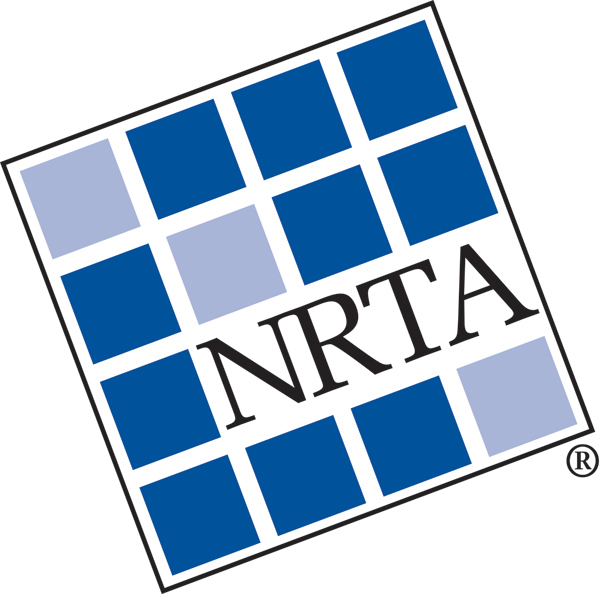Developments in Real Estate Law
Editor’s Note: Legal Corner contains case summaries and analysis of recent court decisions that impact retail leasing and lease administration. These summaries focus on the leasing issues covered in each case and do not include detailed discussions or analysis of the procedural and peripheral issues in the cases.
Pass Through Charges
Thou Dost Protest Too Much?
Roadepot, LLC, v. Home Depot U.S.A., Inc., 2015 WL 2151328 (R.I. Super. Ct. May 4, 2015) amended by 2015 WL 2337771 (R.I. Super. Ct. May 11, 2015).
The Tenant entered into a lease with Landlord in 2004. In 2010, both parties filed mutual declaratory judgment actions, each seeking a declaration that the other was obligated to pay a “Fast Track Assessment” under the lease. During the pendency of the litigation, Tenant continued to pay all Fast Track Assessments imposed. Tenant testified that in 2005, Landlord wrote a letter to Tenant explaining that it believed the Fast Track Assessment to be an excessive charge and that Landlord intended to challenge the legality of the assessment. Landlord instructed Tenant not to pay the Fast Track Assessment as charged by the town. Tenant, however, made payments to the town for the assessment but indicated to the town that its payments were being made “under protest and as a measure of good faith.” Tenant continued to pay the assessment in 2005-2008 without objection and without contacting the Landlord concerning the matter. At trial, Tenant testified that a third party vendor made the payments to the town on Tenant’s behalf, mistakenly believing the Fast Track Assessment bills were for sewer usage, an expense Tenant was obligated to pay under the lease. In 2009, Tenant’s tax accountant sent the Fast Track Assessment bill to Landlord, stating that according to her understanding of the lease, the Fast Track Assessment was Landlord’s responsibility to pay. Landlord disagreed, and the lawsuit was commenced. Tenant continued to make the Fast Track Assessment payments from 2009-2014. At trial, Tenant testified that it decided to make the payments under protest because non-payment could result in liens being placed on the property or could be considered a breach of the lease. Given the potential dangerous consequences, Tenant elected to pay the Fast Track Assessment and to seek reimbursement by way of litigation. Throughout the years, some late fees had also been assessed and Tenant also sought to recover the late fees from Landlord. During the court proceedings, Landlord argued that it was not required to reimburse Tenant under the theory of the Voluntary Payment Doctrine. This doctrine bars recovery of payments voluntarily made with full knowledge of the facts. The court declined to apply this doctrine and instead applied a more modern rule of “Unjust Enrichment.” The older Voluntary Payment Doctrine was intended to provide protection and certainty to parties in a transaction. Since the payments had been made by Tenant to the town, the certainty of that transaction would not be disrupted so the protections under the Voluntary Payment Doctrine were not applicable to the case at hand. The doctrine of Unjust Enrichment however, allows a party who has mistakenly performed the obligation of another to recover from the true obligor “to the extent of the benefit mistakenly conferred.” The court ruled that from 2005-2009, Tenant paid the assessment under the mistaken belief that it was responsible for the payments under the lease. Therefore, Landlord was required to reimburse Tenant for the amount paid for the Fast Track Assessments. After 2009, once Tenant realized that it was not responsible for the Fast Track Assessment, Tenant’s payments in protest were also recoverable because a party may perform under protest and still preserve its claim in restitution to recover the value of the benefit conferred. It was reasonable for the tenant to continue to pay under protest to avoid a lien or dispossession from the property. Concerning the late fees, however, the court ruled that Landlord was not liable to reimburse Tenant for that amount, as Landlord’s only obligation was to the assessment charge itself.
